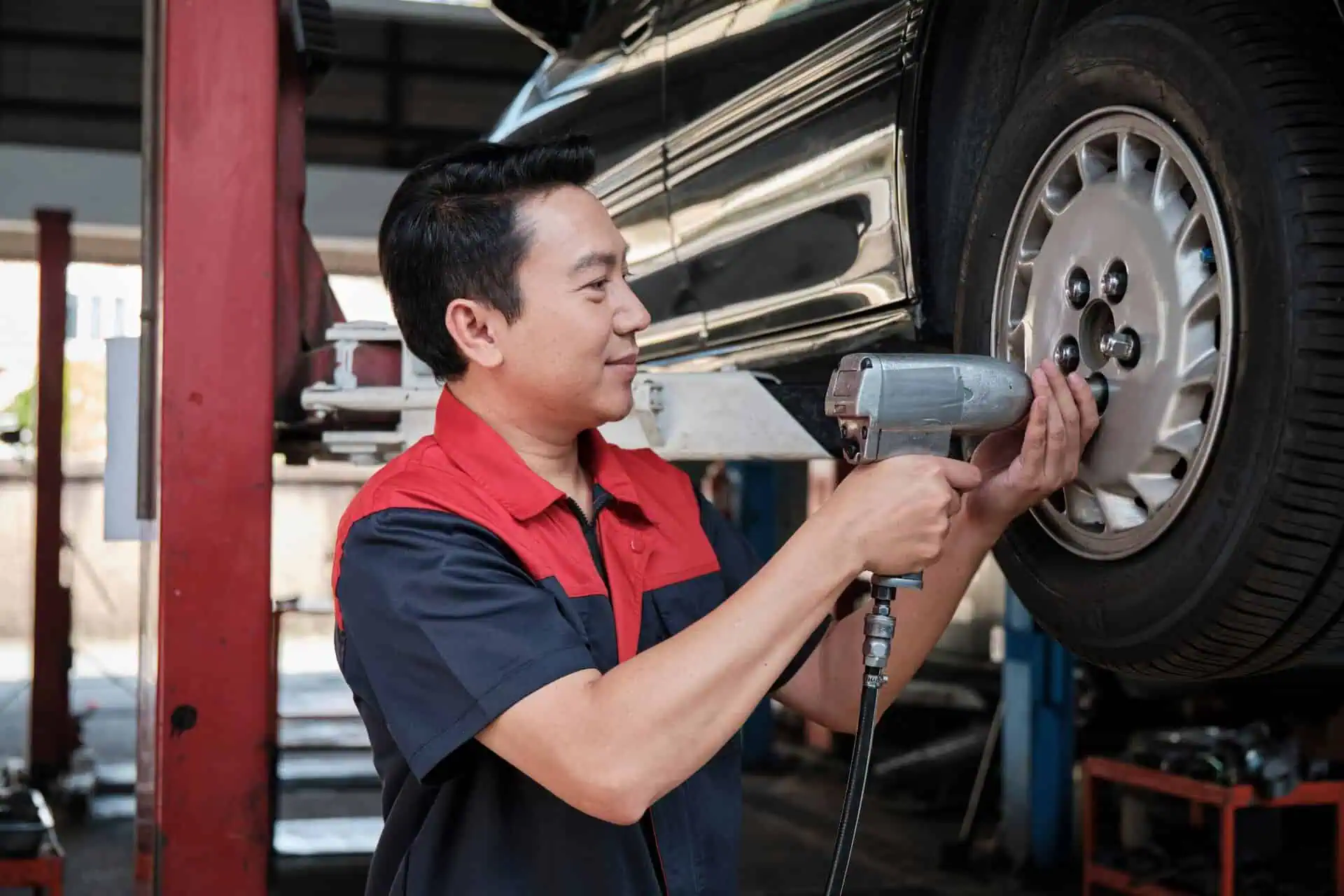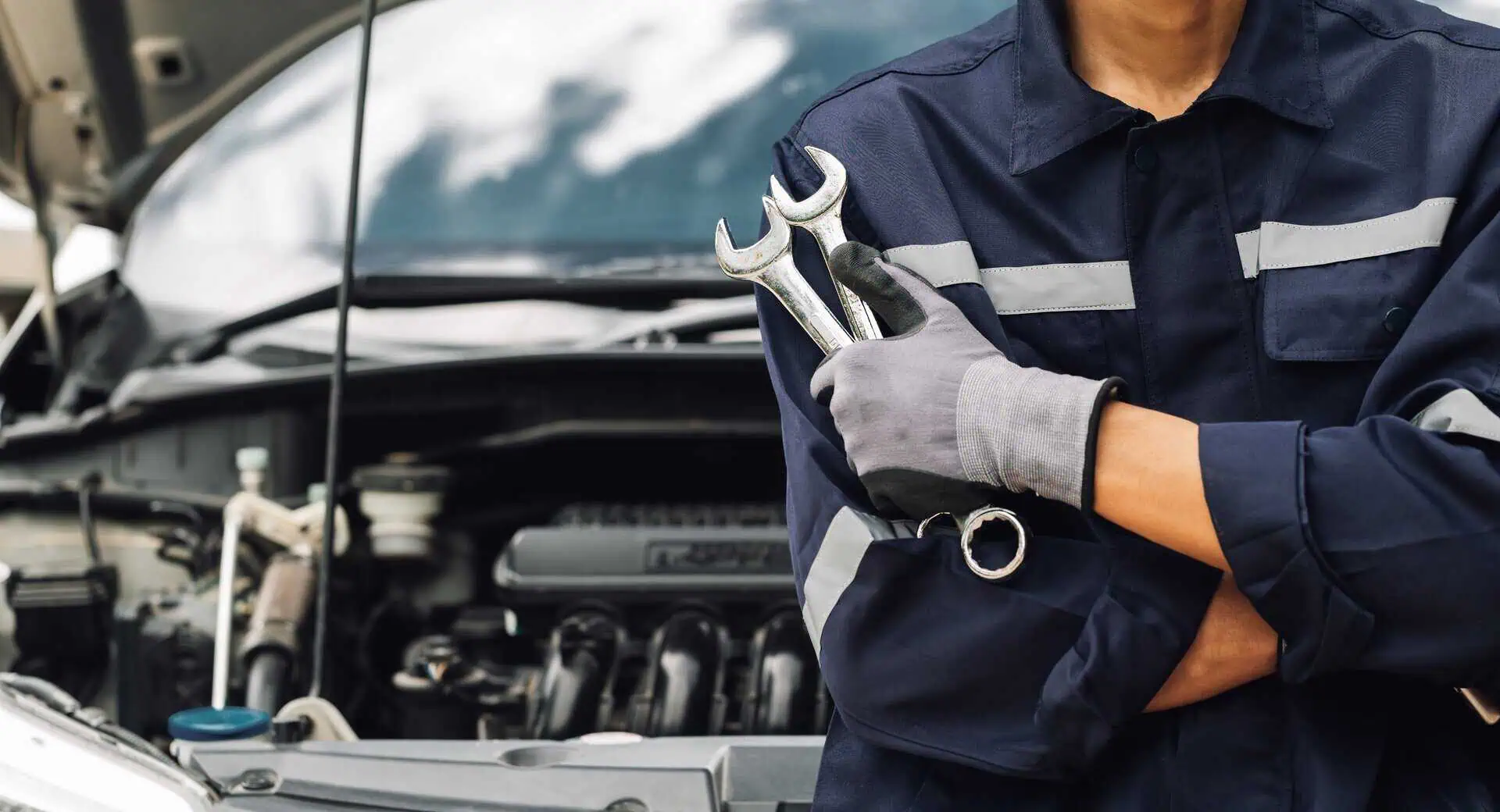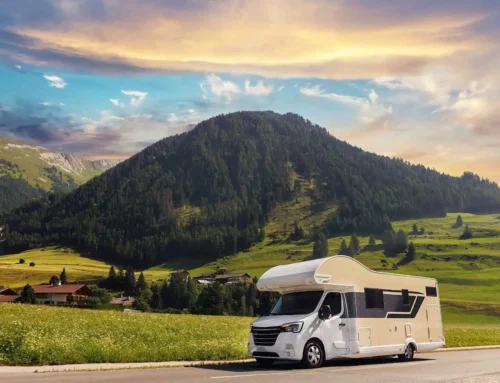Owning an auto repair shop in Ohio comes with unique risks and responsibilities. From customer vehicles to shop equipment and employee safety, protecting your business with the right insurance coverage is essential. Two common policies considered by shop owners are garage liability insurance and general liability insurance. While these coverages may seem similar, they serve different purposes and can impact your business in different ways. Understanding the differences can help you choose the right policy for your shop.
What Is Garage Liability Insurance?
Garage liability insurance is designed to provide protection for businesses that work with customer vehicles. This coverage is often chosen by auto repair shops, body shops, tow truck companies, and dealerships.
Garage liability insurance may help with claims involving bodily injury or property damage that occur in the course of operating an auto-related business. This could include customer injuries at the shop, accidents during test drives, or damage to a customer’s property caused by an employee. However, this type of insurance does not typically cover physical damage to customer vehicles left in your care—that falls under garage keepers insurance, which is a separate policy.
What Is General Liability Insurance?
General liability insurance is a broad form of business coverage that applies to many industries, including auto repair shops. It may help protect businesses from claims related to third-party bodily injuries, property damage, and advertising-related issues.
For auto repair shops, general liability insurance may cover incidents such as a customer slipping on an oil spill in the waiting area or damage caused to a client’s property (other than their vehicle) during shop operations. However, this type of policy does not typically extend to damages or injuries that occur while working on or handling a customer’s vehicle.
How Do These Policies Differ for Auto Repair Shops?
While both policies offer liability protection, the key difference lies in the type of incidents they may cover.
- Garage liability insurance focuses on risks associated with operating an auto-related business, including customer injuries and property damage arising from shop operations or test drives.
- General liability insurance provides broader business protection but does not typically include coverage for incidents directly related to handling or operating customer vehicles.
For many Ohio auto repair shops, having both policies in place can help provide a more comprehensive level of protection.
Does Your Auto Repair Shop Need Both Policies?
The need for both garage liability and general liability insurance depends on the nature of your business operations. Auto repair shops that service customer vehicles may consider garage liability insurance to help protect against risks specific to handling vehicles. Meanwhile, general liability insurance can be valuable for protecting against other third-party claims, such as customer injuries on the premises.
Additionally, some lenders and property owners may require auto repair shops to carry specific types of insurance to lease commercial space or secure financing. Reviewing your business needs and potential exposures can help determine the best coverage strategy.

What About Garage Keepers Insurance?
Garage keepers insurance is another important coverage option for auto repair shops, often confused with garage liability insurance. While garage liability may help cover liability risks associated with running the business, garage keepers insurance may provide coverage for customer vehicles left in your care.
For example, if a fire or vandalism incident damages a customer’s vehicle while it is stored at your shop, garage keepers insurance may help cover the costs of repairs or replacement. This type of coverage can be especially important for shops that store customer vehicles overnight or for extended periods.
How Does Location Affect Mechanic Insurance Costs in Ohio?
The cost of insurance for auto repair shops in Ohio varies based on several factors, including location, business size, and risk exposure. Shops located in urban areas with higher traffic may face different risk levels compared to those in rural locations. Other factors that may impact costs include:
- The number of employees working at the shop
- Whether the business offers towing services
- The type of vehicles serviced (standard cars vs. high-performance or specialty vehicles)
- Past insurance claims history
Understanding how these factors affect insurance premiums can help shop owners find coverage that aligns with their needs and budget.
What Steps Can Auto Repair Shops Take To Lower Insurance Costs?
While insurance is an essential investment, there may be ways to manage costs effectively. Some steps auto shop owners can take include:
- Implementing Safety Measures: Regular employee training, proper equipment maintenance, and clear safety procedures can help reduce workplace accidents.
- Maintaining a Clean Shop Environment: Keeping the shop free from hazards, such as oil spills or cluttered work areas, may help prevent slip-and-fall incidents.
- Bundling Policies: Some insurers offer discounts for businesses that bundle multiple policies, such as general liability, garage liability, and property insurance.
- Reviewing Coverage Annually: Business needs evolve, so reviewing policies regularly ensures adequate coverage without overpaying for unnecessary protection.
How Can Auto Repair Shops Choose the Right Coverage?
Selecting the right insurance coverage requires understanding the specific risks associated with your shop. Working with an insurance provider experienced in mechanic insurance in Ohio can help business owners assess their needs and explore policy options.
When evaluating policies, shop owners may want to consider:
- The types of services they offer
- Whether they store or test-drive customer vehicles
- Any lease or lender insurance requirements
- The potential financial impact of unexpected incidents
Speaking with an insurance expert can help clarify coverage options and ensure the shop has protection in place for its unique operations.
Final Thoughts: Which Policy Is Right for Your Auto Repair Shop?
Understanding the differences between garage liability and general liability insurance is key for Ohio auto repair shop owners looking to protect their businesses. While general liability may help cover common business risks, garage liability is designed to address the specific risks of working on and handling customer vehicles.
To ensure the right level of protection, shop owners may consider a combination of policies tailored to their needs. Consulting with an insurance expert can help clarify coverage options and provide guidance on selecting policies that align with business operations and budget.
For more information about mechanic insurance in Ohio and how it applies to your auto repair business, contact Kirtley Insurance today!





